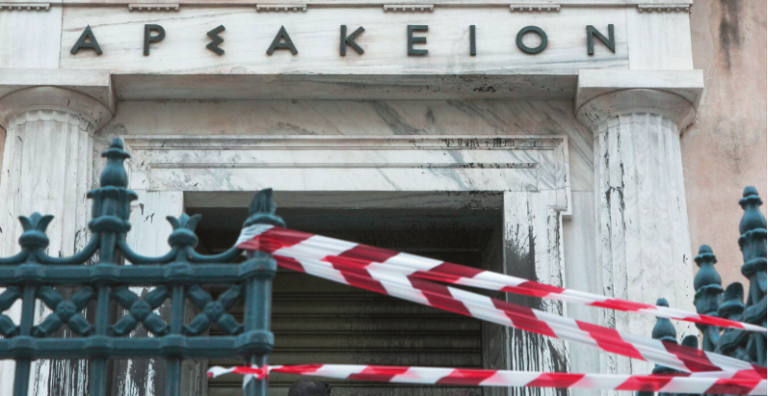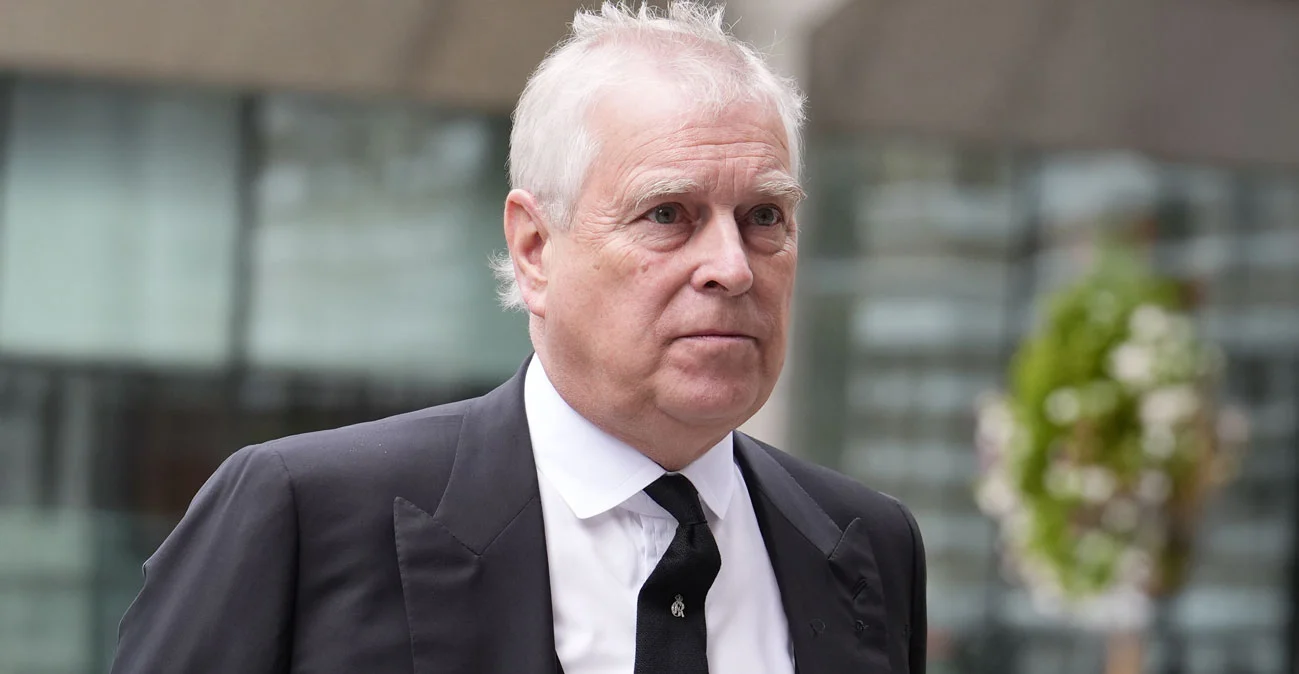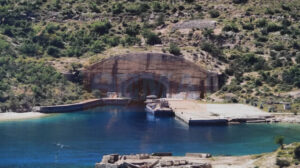The Council of State will be relocated next June for at least four years and will operate in two independent buildings in Athens, with high rents and exorbitant relocation costs that will exceed the cost of the repairs to be made to Arsakeio, owned by the Philekpaediktiki Gesellschaft.
The relocation was deemed necessary in order to make repairs to the Arsakeio, which has been leased by the Ministry of Justice to house the State Council.
At the same time, due to the relocation and the necessary temporary shutdown time, the already burdened climate of long delays and postponements will cause increased problems in the operation of the Council of State and the time of issuing decisions.
And all this at a time when, according to data from the Ministry of Justice, the pending cases in the Council of State amount to at least 12,000 and, after insistence, it calls for the transfer of cases to the Administrative Court of Appeal of Athens.
Justice Minister George Florides has commissioned the World Bank, which specialises in evaluating judicial systems, to carry out a study on delays and adjournments at the Council of State.
The CoE was founded in 1835, but 94 years later, in 1929, it officially opened for business. In 1993 it moved from the Parliament building to the neoclassical building of the Arsakeion (47-49 Panepistimiou Street), which has been declared a listed building.
Now, 31 years later, it is again temporarily relocated for at least four years, partly to the junction of Sofokleous and Aeolou streets and partly to Ippokratous street.
The building at the corner of Sofokleous and Aeolou streets (formerly the Commercial Bank and now Alpha Bank), opposite the old Stock Exchange, will be rented at a monthly rent of EUR 200 000.
This means that the annual rent will amount to EUR 2,4 million and for at least four years – in the best case – which will be required for the repairs of the Arsaceum, the total rent will amount to EUR 9,6 million.
To this amount of rent must be added the costs to a private company for the relocation of the offices, ballast rooms, computers, etc., from Panepistimiou to Sofokleous and vice versa, once the works are completed.
Furthermore, in the Sofokleous building, additional costs will be required for the interior fitting-out of the building.
Repair costs
According to the Ministry of Justice, the repairs to the Arsakeio building have an initial budget of €13.2 million and are funded by the Development and Resilience Fund.
The contract for the restoration of the Arsakeio was signed with the contractor P&C Development, on the condition that the building will not be vacated.
That is, the repairs would be carried out while the court was in continuous operation.
However, it was subsequently found that this could not be done and it was decided that the building should be evacuated.
A new supplementary allocation is now being sought from the Development and Resilience Fund for the costs of relocating the Court of Appeal.
Copernicus: The winter of 2023-2024 was the warmest ever in Greece – meteo maps
The paradox is that the Arsakeion building is owned by the Philekpaediktiki Gesellschaftia, yet the Greek State has assumed – in addition to paying the rent – the cost of maintaining the building, which is not usual.
However, it should be noted that there are a few exceptions in which the Ministry of Justice has taken over the maintenance of leased court buildings, especially outside the major urban centres.
This is because there are no buildings available to accommodate and operate courts, such as Heraklion, Crete or the “Children’s Houses”.
In these, the Ministry of Justice has taken over their maintenance costs, which are low, but at the same time has reduced the rent.
Ask me anything
Explore related questions





